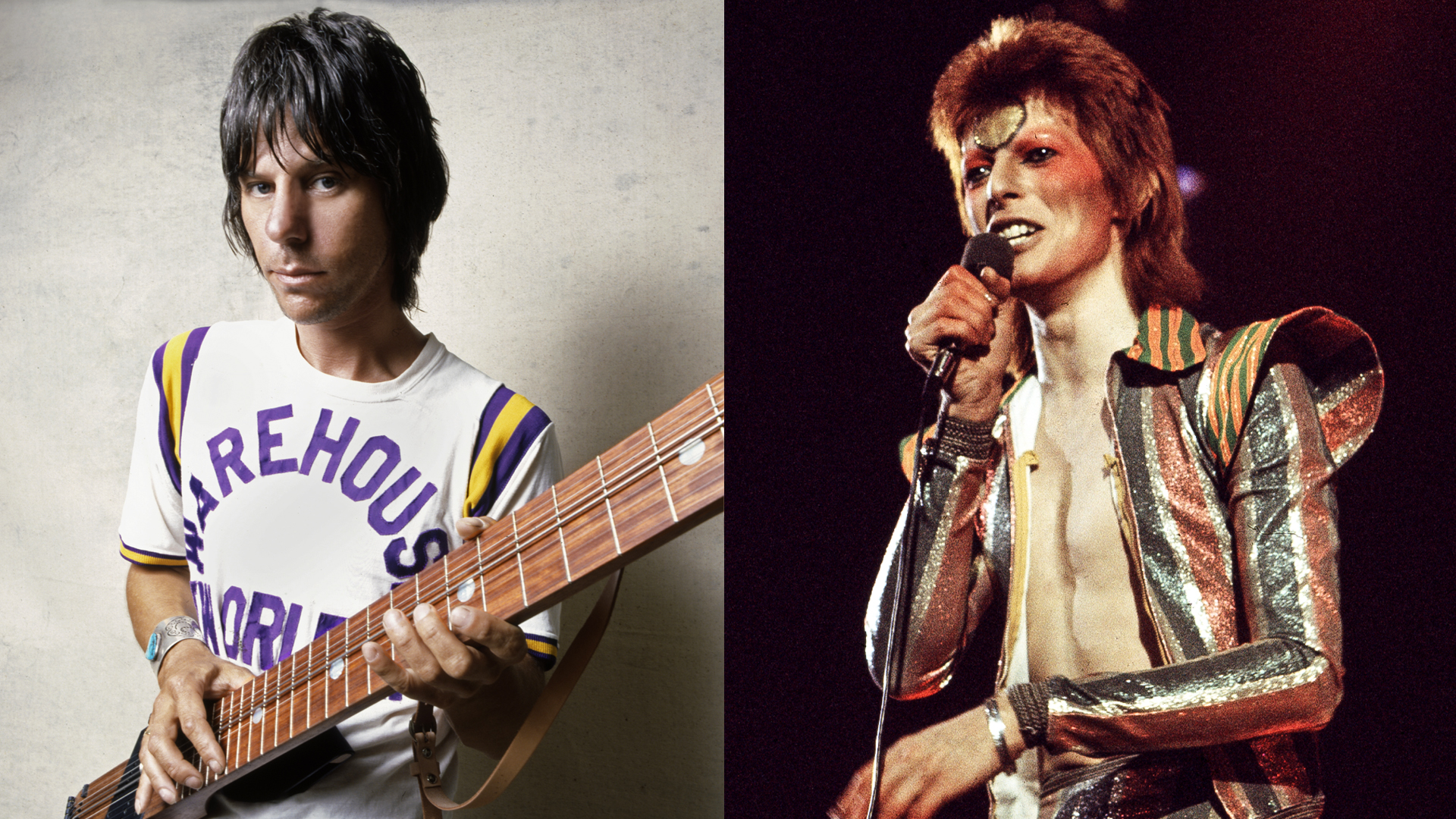“God's Pulling the Strings and Playing the Whole Thing”: Ace Frehley Talks Life Before, During and After Kiss
Back on the road, the Spaceman is still struttin’ and smokin’.
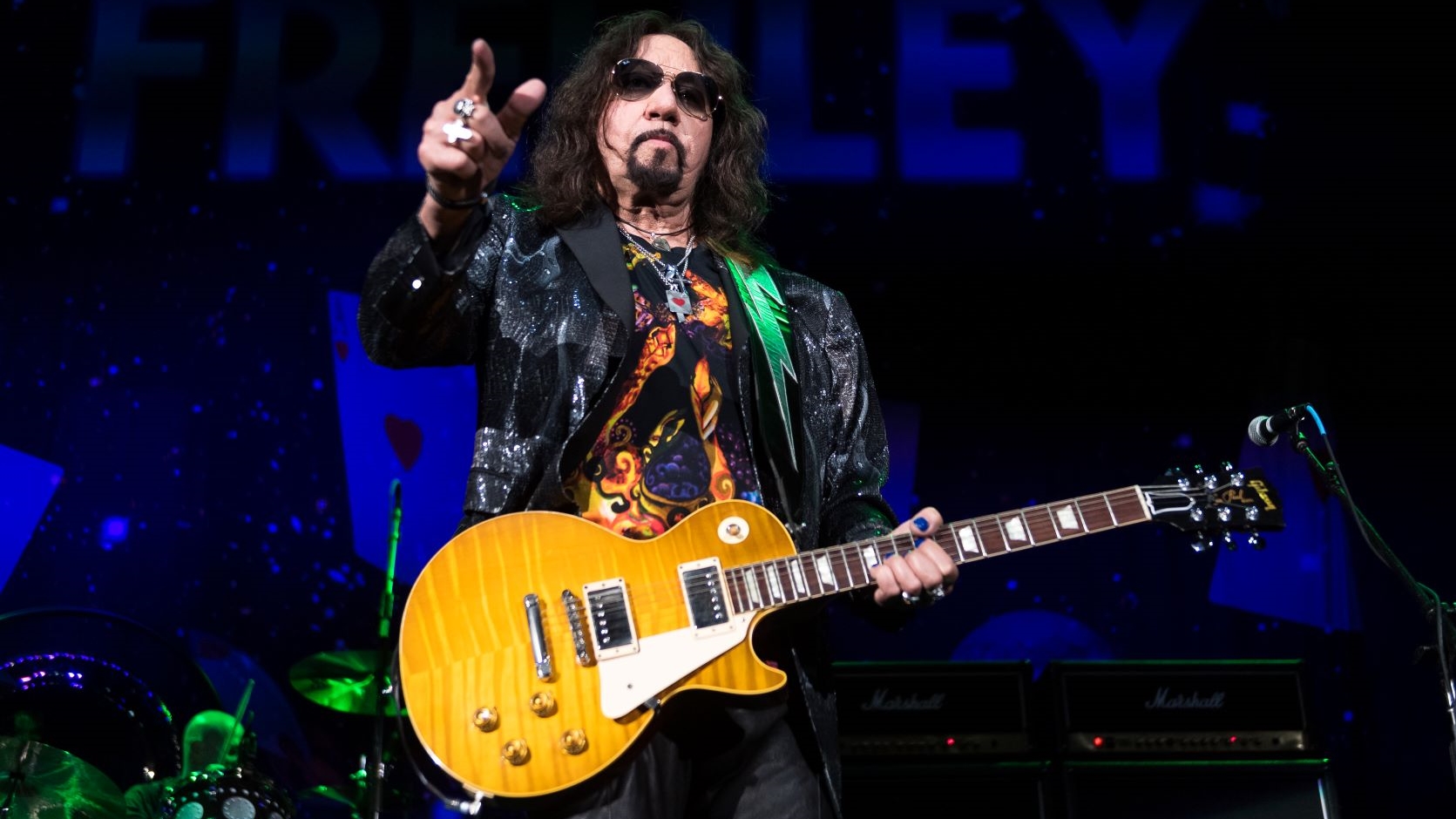
Since Ace Frehley’s first departure from Kiss in 1980, the band’s lead electric guitar chair has been held down by many capable, creative players, including Vinnie Vincent, Bruce Kulick, Mark St. John, and, its occupant since 2002, former Black ‘N Blue guitar slinger Tommy Thayer.
But if those players have served the band nobly, and even contributed a few fan favorites to Kiss’s repertoire – Kulick’s work on 1992’s Revenge is particularly noteworthy – the band’s melodic, hooky lead guitar legacy was framed, built, established and given enduring wings by one man: the inimitable Paul Daniel “Ace” Frehley, a.k.a. the Spaceman.
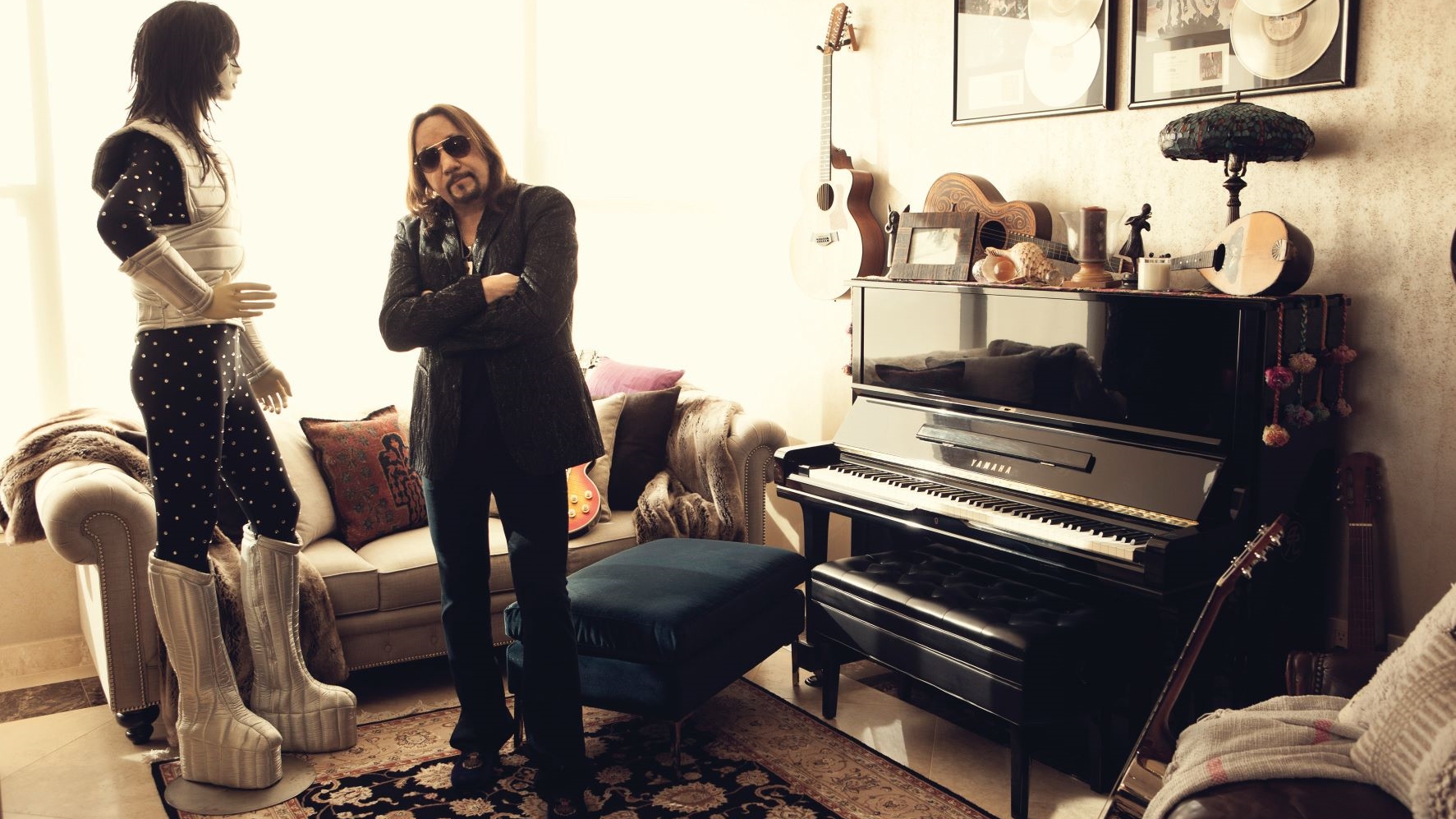
“Y’know, I can remember as a kid hearing Eric Clapton interviewed, talking about his solo on Cream’s ‘Sunshine of Your Love,’” recalls the 70-year-old Frehley, fresh from a soundcheck with his recently reinvigorated Ace Frehley Band. “And Clapton said the solo on that song was basically the melody from Elvis’s ‘Blue Moon.’ I clearly remember him saying that the best and most memorable solos are the ones you can hum. I never forgot that, and that's stayed with me my whole life.”
He’s not the only one it stayed with: Entire generations of players – while simultaneously pledging allegiance to Frehley’s idols, like Clapton, Jimmy Page and Pete Townshend (“the master of chordal work”) – were equally inspired by Ace’s savvy synthesis of blues guitar bends, wicked triplet licks and smart chord-specific note choices that always stuck to the chordal skeleton of the track, never devolving into what Frank Zappa famously called “spoo.”
It was always about having fun for me
Ace Frehley
Not that it was an exercise in quantum physics for Frehley, a spontaneous player who doesn’t speak the language of minor-sixths and the Mixolydian mode, however much he may actually play those very things.
“You take the whole extended after-solo on ‘She,” from Kiss Alive!,” he explains. “I mean, I’m just having fun there. It was always about having fun for me.” A little too much fun at times, admits Frehley, who practically lived at Studio 54 in its decadent heyday and has been proudly sober for the last decade and a half.
And while Ace’s original solos and riffs may have helped launch a thousand hair metal and grunge guitarists, he wasn’t above a little, um, creative borrowing himself, the main solo on ‘She’ being a prime example.
All the latest guitar news, interviews, lessons, reviews, deals and more, direct to your inbox!
“I stole the ‘She’ solo from Robby Krieger of the Doors!” Frehley confesses. “I’ve got to give credit where credit is due.” Indeed, the first eight bars of the “She” solo are a practically note-for-note swipe of Robby’s iconic solo from the Doors’ pounding 1968 album track “Five to One.”
I stole the ‘She’ solo from Robby Krieger of the Doors… I’ve got to give credit where credit is due
Ace Frehley
“And you know the solo in ‘Love Gun’?” he asks, as if anybody doesn’t. “I stole that whole solo from the Blues Magoos’ hit song ‘We Ain’t Got Nothing Yet.’ Listen to it – you’ll hear it!”
Not only does Frehley happily cop to the source of many of his best ideas, he has even built a few albums around it. His Origins Vol. 1 (2016) and Vol. 2 (2020) records are among the best of his career: raw, raucous and ripping covers of the ’60s and ’70s stuff that inspired the then 16-year-old Staten Island rawker: Leslie West’s Mountain, Humble Pie, Deep Purple, Cream, Led Zeppelin, Hendrix, and more.
“I was resistant to the idea at first,” Frehley says, “but once I started working on those albums, I put my whole heart and soul into them.”
Kiss fans invariably have their heart set on hearing iconic Ace moments, like the lightning licks in “God of Thunder” and the bursting Berry-bends on “Shout It Out Loud,” both from 1976’s Destroyer. But Ace has his own favorites, too: “I also love the solo in ‘Strange Ways,’ [Hotter Than Hell] and I love the solo in ‘100,000 Years,’ [Kiss] as well as the solo I played in ‘Deuce,’” he says, with pride. “Those are all the classic Ace solos that come to mind off the top of my head.”
A bit further afield, though, are cool, more unexpected moments you might not associate with Kiss’s raw and unruly approach. There’s the downright experimental stippling and sound effects on Rock and Roll Over’s “Almost Human”; Destroyer’s “King of the Nighttime World” solo, where Mayfield-approved R&B rhythm licks give way to furious post-Blackmore pick attacks; or Dressed to Kill’s “Love Her All I Can,” a funky up-tempo groove machine over which Ace lets fly with flange-y southern rock triplets, and moves into a wicked series of motivic move-over-Trower quintuplet licks.
And no assessment of Ace’s lead work would be complete without the titanic Gorham/Robertson–style natural minor harmony lead in Db (technically C, but Kiss always tuned down a half-step in their halcyon days) on Destroyer’s “Detroit Rock City.” To this day, though, you can hear a slight shrug in Ace’s voice when he explains how producer Bob Ezrin essentially sang him the melody and harmony for the epic lead break in “Detroit Rock City.” But really, so what?
Sometimes guitar playing is about coming up with the perfect part; sometimes it’s about executing the perfect part. The D-flat Aeolian/Harmonic Minor–based solo to “Detroit Rock City” kicks ass because it’s a great melody, performed by Ace with a wicked tone, slick slides and pull-offs, a cool harmony in thirds, and a ton of attitude. “Ezrin always did say I was the most rock and roll guy in the band,” Frehley says with a smile.
Ezrin always did say I was the most rock and roll guy in the band
Ace Frehley
Gibson Les Pauls have been essential to that stance ever since. On his recent U.S. tour with his old friend Alice Cooper, Frehley leaned on his sunburst, three-pickup Gibson 1959 replica Ace Frehley Les Paul Custom Signature model; his famous black 1978 Les Paul Standard that was later routed for a middle pickup, and a three-pickup illuminated “Light Guitar” Les Paul modified by noted boutique luthier Jim Cara. The obvious irony here? Ace never uses the middle pickup. Or the neck pickup. “The bridge pickup really is my tone, completely,” he confesses.
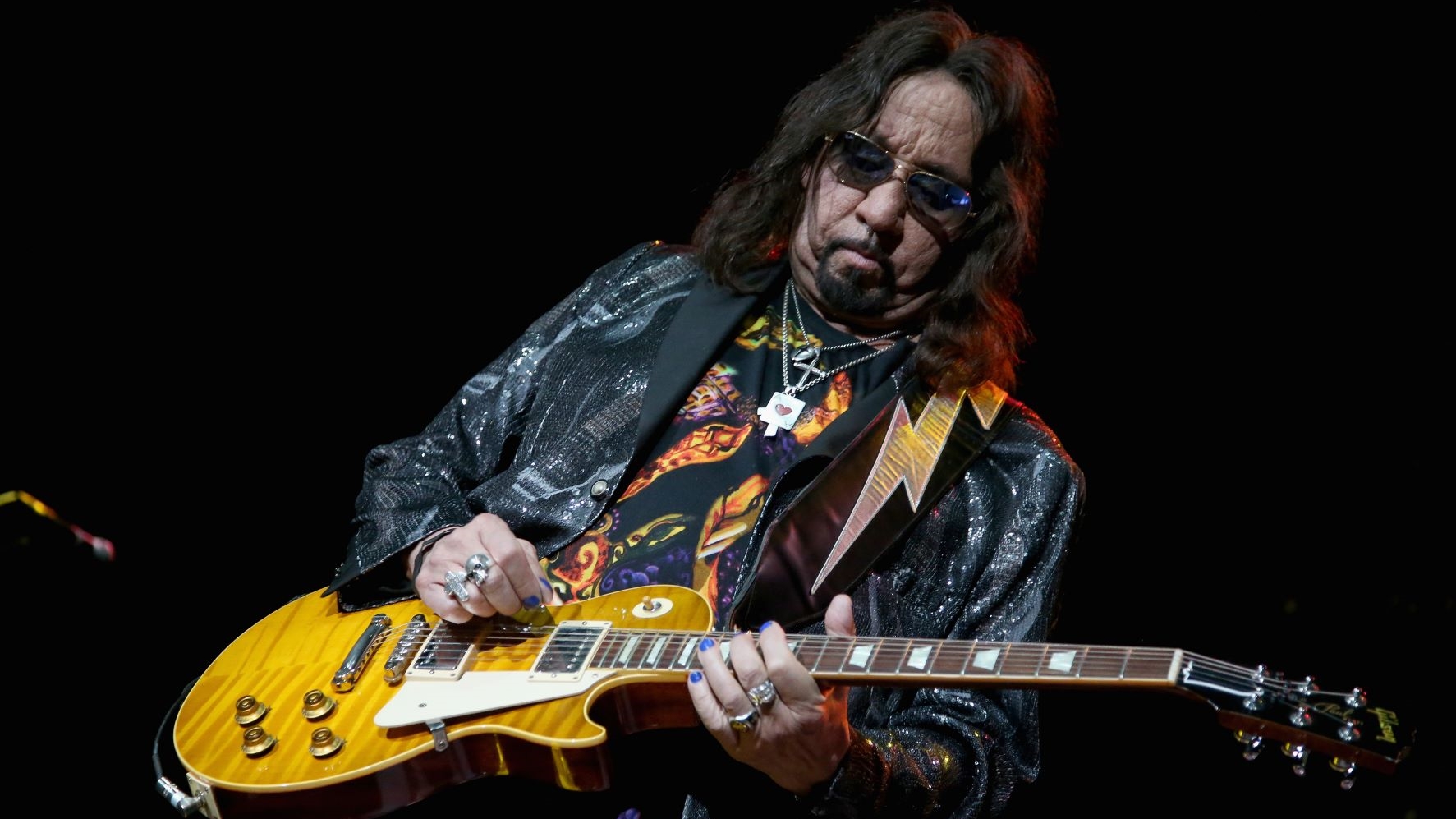
Those bridge pups, says his longtime tech Rocco Monterosso, generally include a DiMarzio Air Zone or the Tone Zone humbucker, underneath a set of D’Addario EXL120 Nickel-Wound 009–.042s, struck with Dunlop Medium picks.
From there, Ace’s sound hits a Shure Axient AD4D wireless unit, followed by a modest pedal drawer: a TC Electronic PolyTune, an Xotic Labs EP Booster and a Line 6 DL4 Delay Modeler – used almost exclusively on “Rock Soldiers,” “Shock Me,” and a slap-effect on “Detroit Rock City” – and straight into a 100-watt Marshall JCM2000 Dual Super Lead, paired with a Marshall 1960AV cab loaded with Celestion Vintage 30s. The Marshall’s effects loop passes through an MXR Custom Audio MC401 Boost/Line Driver and a TC Electronic Hall of Fame Reverb for a little extra space for Ace.
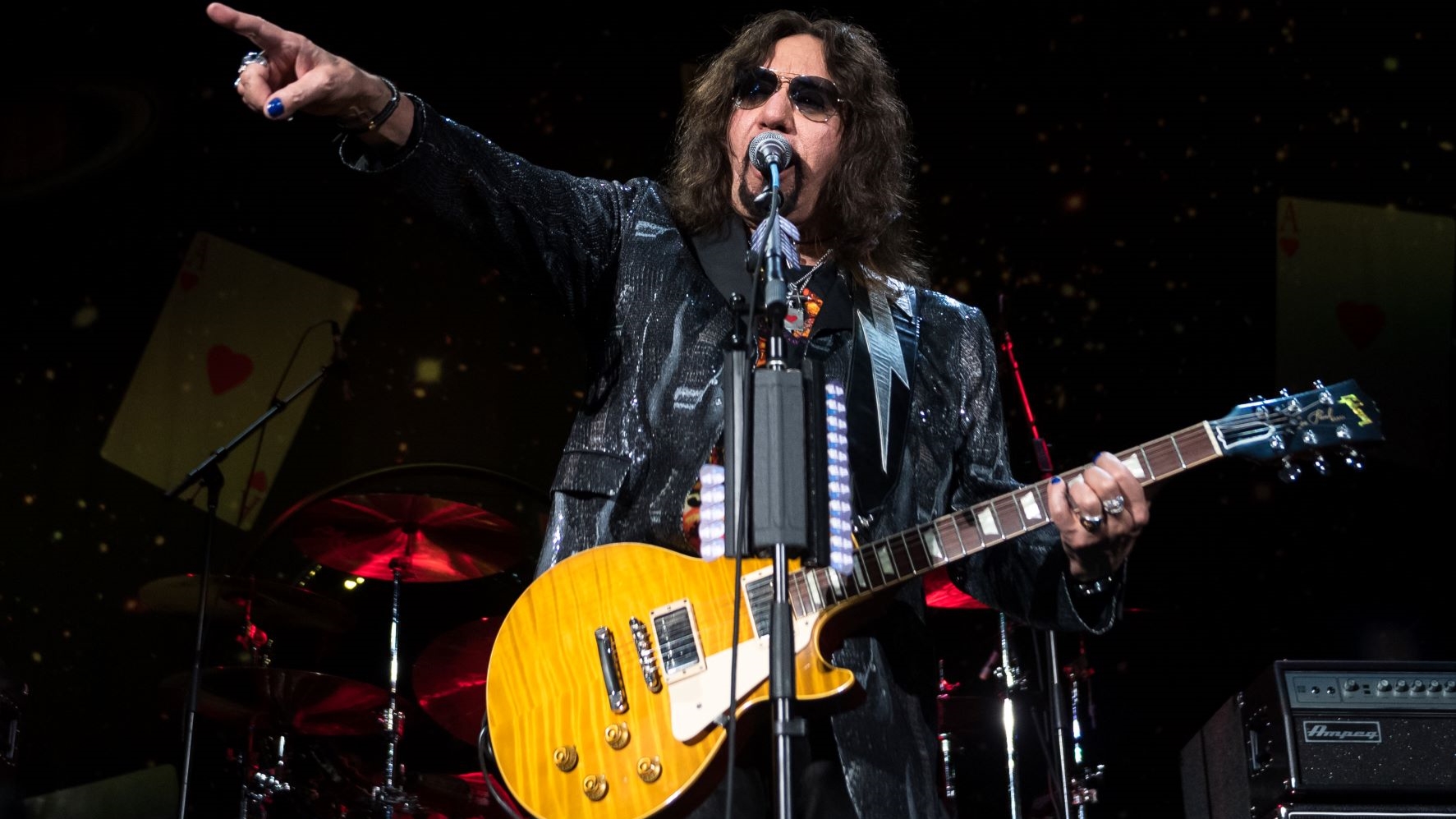
So the obvious question is: Why have a middle pickup at all if you never even use it? Oh, ye of little faith – this is the Spaceman we’re talking about here, people! That middle pickup cavity contains the open end of a hidden tube that passes through the guitar from the routed-out large cavity on the back. In that cavity, Velcro’d to the guitar, lives the current secret to Ace’s legendary – nay, mythical – “smoking Les Paul” stage routine, which he performs during an unaccompanied solo following the Love Gun song “Shock Me.”
I used to just use actual smoke bombs for years, but that can be a little complicated and dangerous
Ace Frehley
“I used to just use actual smoke bombs for years,” Ace explains, “but that can be a little complicated and dangerous. So for the last 10 years or so, I’ve been using these mini fog machines called Tiny FX [by Look Solutions]. They run off lithium batteries, and they use the same fogger liquid you see in the really big stage smokers. It’s crazy shit!”
Which, if you’ve spent any time following the career of Ace Frehley over the years, is pretty much par for the course.
“Look, there’s no rhyme or reason to why anything happens, as far as I’m concerned,” Ace says cheerfully. “I believe we live in some kind of matrix and it's all being controlled by some master computer. Somewhere out there, God's pulling the strings and playing the whole thing… on a keyboard!”
Buy No Regrets: A Rock 'n' Roll Memoir by Ace Frehley here.
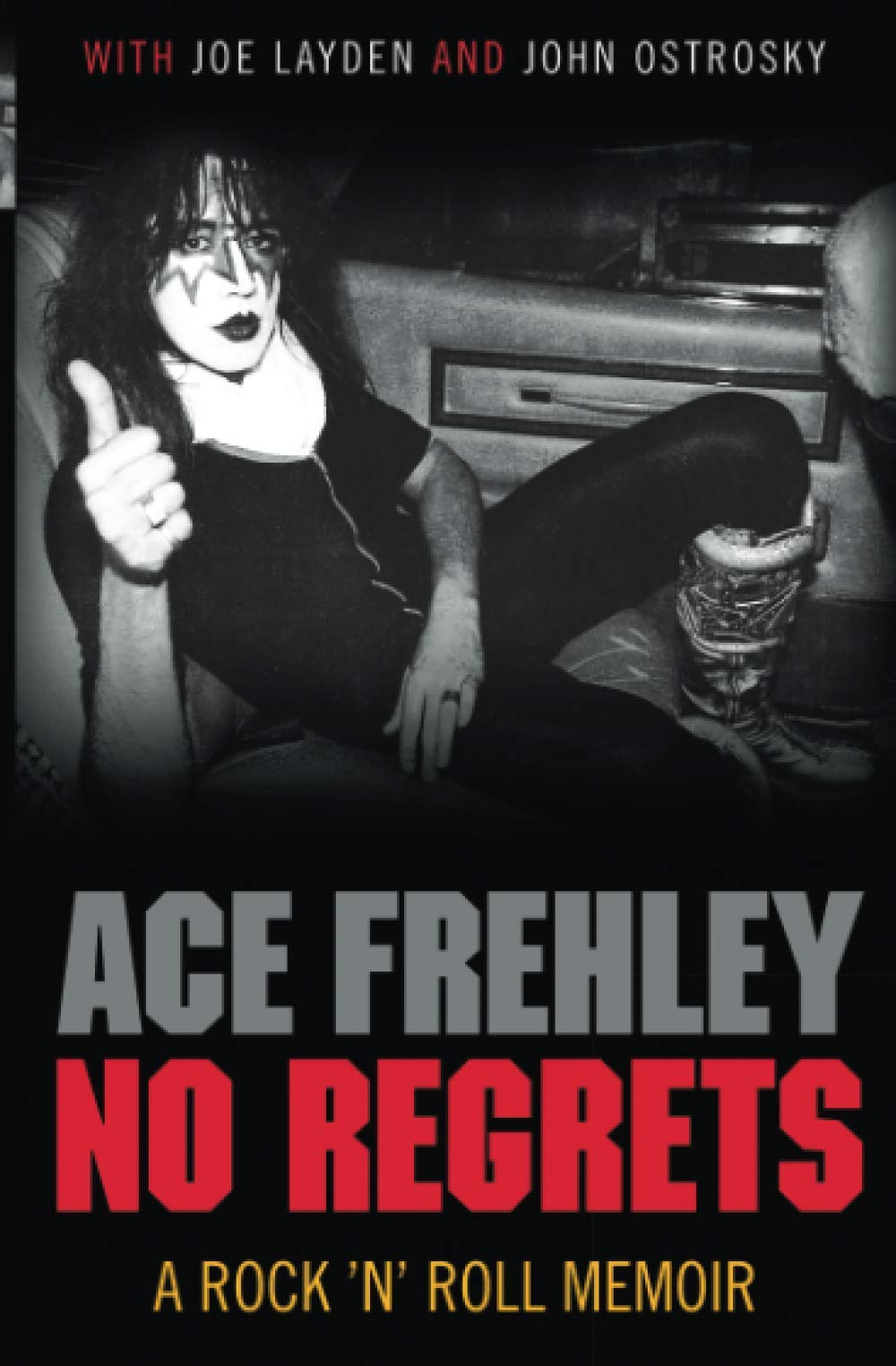
A former editor at Guitar Player and Guitar World, and an ex-member of Humble Pie, Mr. Bungle and French band AIR, author James Volpe Rotondi plays guitar for the acclaimed Led Zeppelin tribute, ZOSO, which The L.A. Times has called “head and shoulders above all other Led Zeppelin tribute bands.” Find JVR on Instagram at @james.volpe.rotondi, on the web at JVRonGTR.com, and look for upcoming tour dates at zosoontour.com




